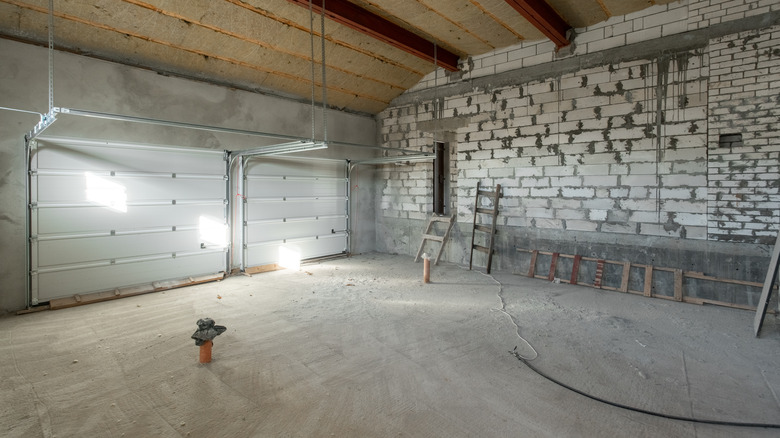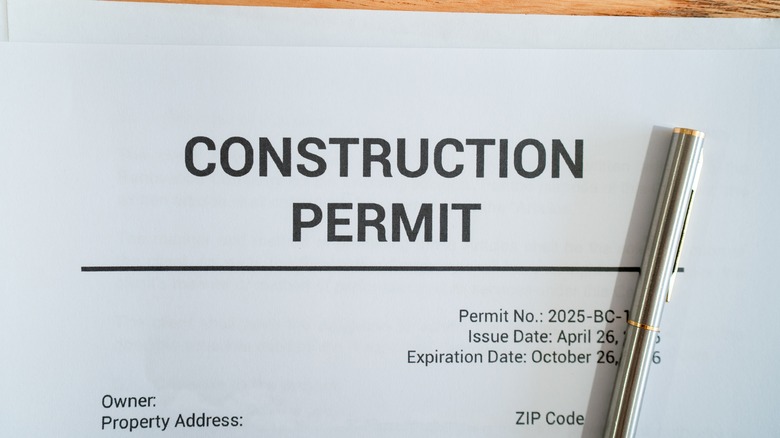What Happens If You Don't Get A Permit Before You Start Expanding Your Garage?
When you tell your family and friends that you're starting a new home renovation project, you may receive an assortment of reactions: Excitement for your new project, recommendations on the best tools, or even fear and anxiety that your project may go the way theirs did — overwhelming and expensive. If they've had any experience with home renovations, however, their first warning may not have anything to do with cost at all, especially if you're doing the work yourself. They may remind you that while wish lists and budget are important, you'll need a permit before you can break ground.
The rules for home construction permits vary by municipality, but you typically need a permit for both new structures and large renovations to existing structures. It's best to talk to your city, township, or borough before you invest too much time into planning your project, so you'll know exactly what you're allowed to do and if you'll even need a permit. You may be tempted to simply ignore the legal process and move ahead with your project but, as your friends may warn you, that's never a good idea. Beyond the fines, you risk penalties from your insurance company and you could be forced to tear down any work you've already completed.
Do the right thing and get a permit first
If you're simply replacing your garage door or adding new storage, you don't need a permit, but construction that includes expanding the space, laying a new foundation, installing electrical wiring, or adding plumbing or sewage аll require permission from local governance. If you're unsure if your project requires a permit, consult a contractor or architect. The cost of building permits varies depending on where you live, but if you contact your municipality, they should be able to provide a formula to help you determine the cost.
Be prepared to face the consequences if you begin a project without the necessary permits. Fines can range from the cost of the needed permits to thousands of dollars, and unpaid fines may lead to liens on your property. In Massachusetts, fines can be as much as $1,000 a day! You may be told to demolish any work that you've already completed and forced to re-build after securing the permit. You'll also put your homeowner's insurance at risk. Some policies include a clause stating that un-permitted work will void your policy, and any damage to your home or injuries related to the project will not be covered.
Finally, expanding your garage without a permit could cause problems if you plan to sell. When you put your home on the market, you are required to disclose remodeling projects. Unpermitted work could not only jeopardize the sale, you may be asked to retroactively pay for those permits.

